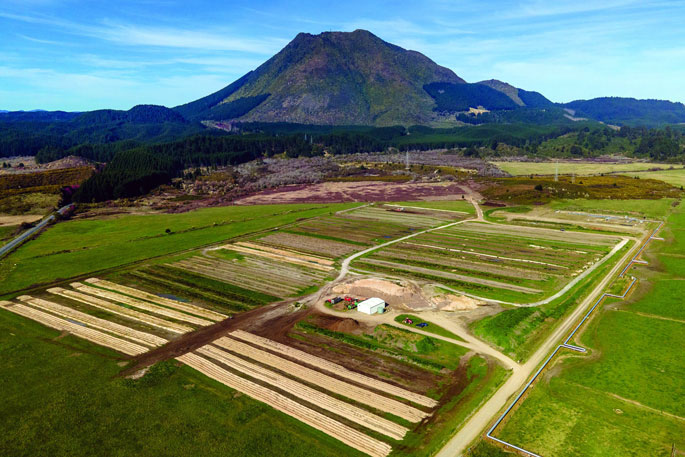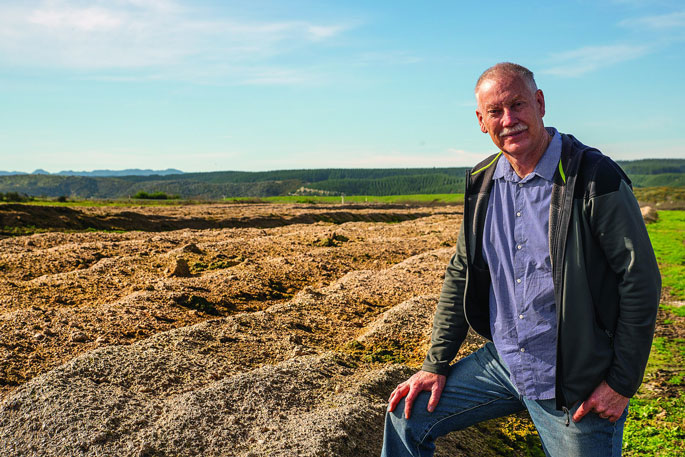Anyone wanting to have their say on the expansion of New Zealand’s biggest worm farm in Kawerau has until August 7 to make their submissions.
Ecocast Limited has applied to replace its existing resource consent, which expires on October 31.
It also seeks consent to expand operations on the existing site and on an adjoining site to the south.
Resource consent is sought for the discharge of contaminants to land where they may enter groundwater and surface water, and the air.
Ecocast uses vermicast (worm farming) methods to process bio-solids from council wastewater treatment plants throughout the Bay of Plenty, which would otherwise have to be transported to landfills outside the region.
The bio-solids are mixed with waste material from the nearby wood mill and laid out into windrows to be processed by tiger worms into vermicast.
Earlier this year, the vermicast operation made news headlines after multiple complaints to Bay of Plenty Regional Council’s pollution hotline from Kawerau residents about foul odours being emitted from the property. Complaints included that the odour could be smelt from the town centre less than two kilometres away.
Compliance staff from the regional council visited the site at the time and found it to be non-compliant with resource consent conditions.
 The Ecocast operation in Kawerau.
The Ecocast operation in Kawerau.
Owner Tom McDowall says he has since been working with the regional council to resolve these problems.
Among other changes, more diligence was given to how staff dealt with wind direction and the amount of wood chip that was mixed with the biosolid.
“Effectively, we changed the ratio of bio-solids to wood chip, which acts as an odour suppressant.”
The plant on Tarawera Road is the largest worm farming operation in New Zealand. It was started by Tom as a small business, which was incorporated in 2007.
By 2021, it had grown to 10 hectares and now covers 24ha.
The current resource consent allows for the discharge of 28,000 tonnes of biosolid material to land. The new application seeks to increase this amount to 32,000 tonnes.
LDR is local body journalism co-funded by RNZ and NZ On Air.




0 comments
Leave a Comment
You must be logged in to make a comment.